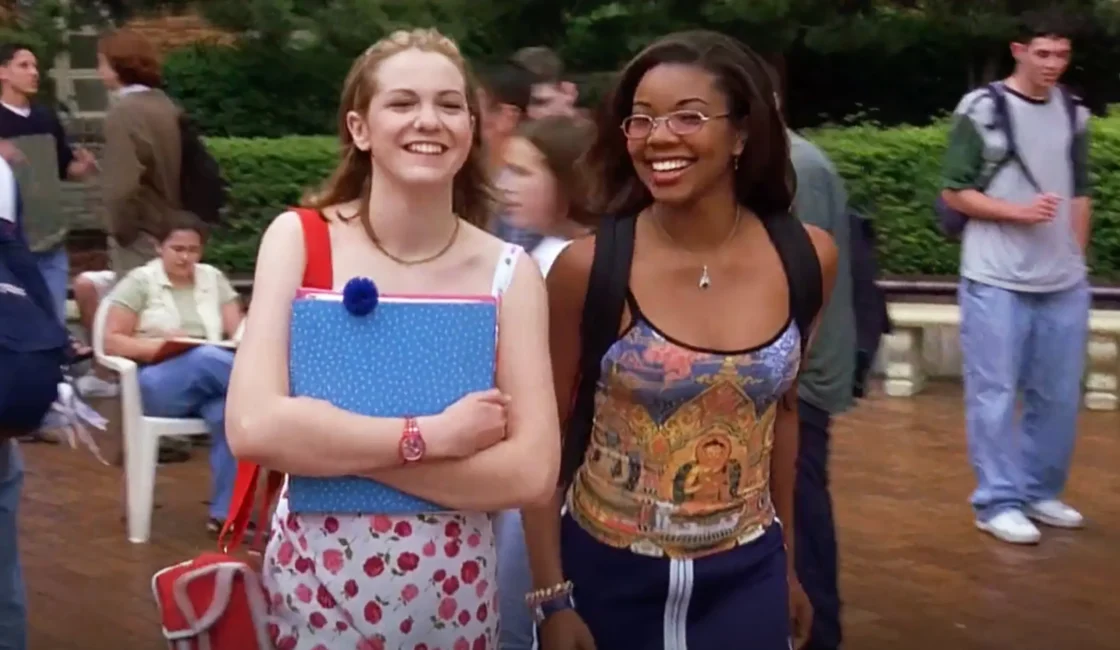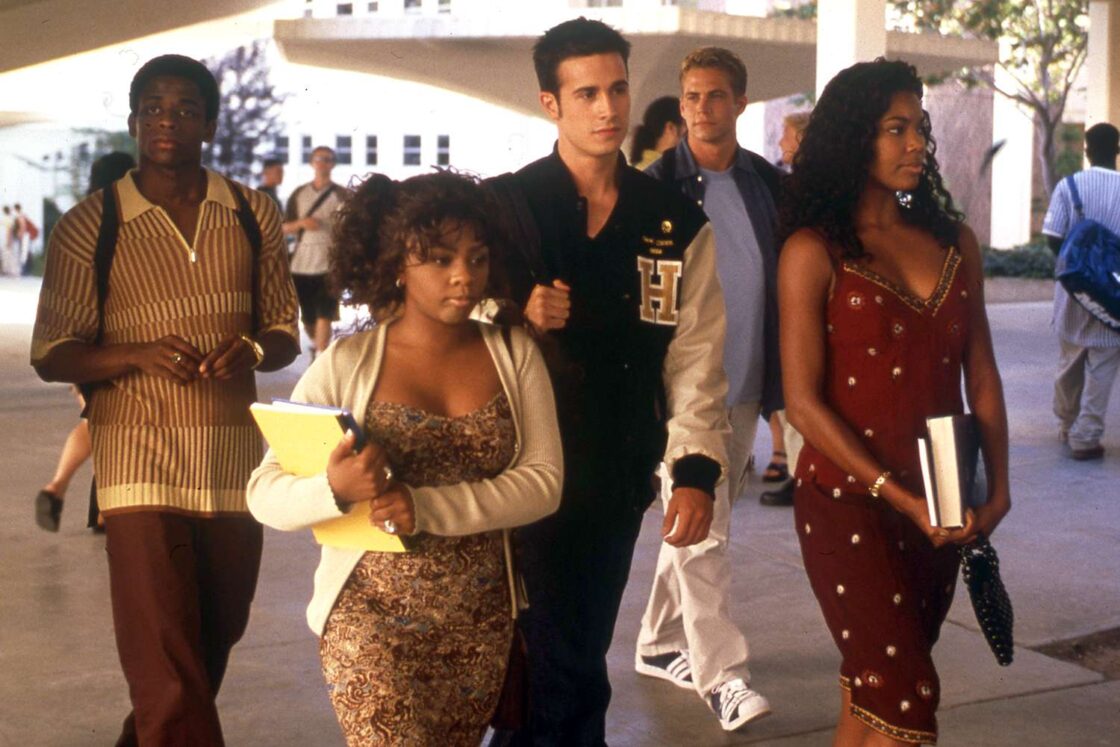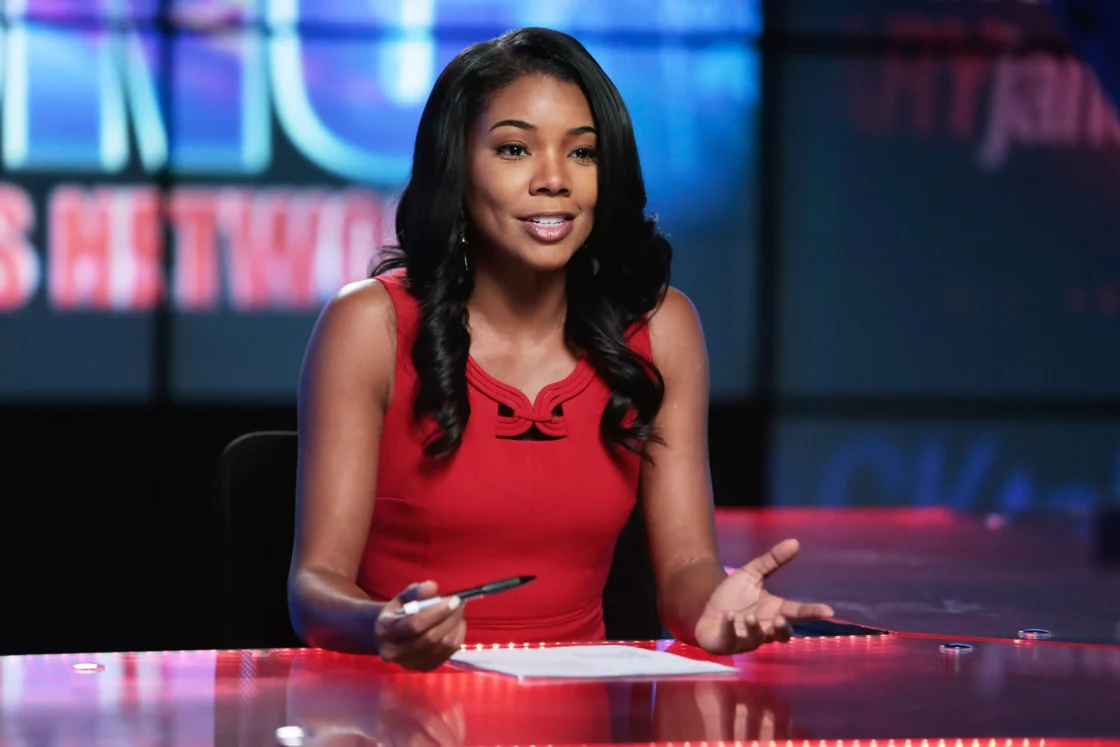
The documentary “Number One on the Call Sheet” delves into the often overlooked challenges faced by Black actresses in Hollywood, particularly the unrealistic and restrictive beauty standards they must navigate. Gabrielle Union, alongside other prominent Black actresses like Angela Bassett, Halle Berry, and Viola Davis, opens up about the trials and triumphs of their careers. Directed by Shola Lynch, the second episode, “Black Leading Women in Hollywood,” specifically highlights Union’s struggles with the industry’s systemic barriers, especially when it comes to beauty expectations.
Gabrielle Union On Beauty Standards
Union is candid about the industry’s narrow definition of beauty. “When you have a more coarse grade of hair, when you have melanin, thicker nose, wider nose, wider lips, you’re not considered, you know, a classic beauty,” she says. She goes on to share how these standards made her feel invisible at times: “I started feeling invisible, like my beauty wasn’t wanted. As a romantic lead? No.”

Gabrielle Union On Being Type-Casted
Although Union is now regarded as one of Hollywood’s most stunning stars, early in her career, she found herself struggling for leading roles, often relegated to supporting parts. “My look was appealing enough. But not so overpowering that it overshadows the White lead,” she reflects.
In her early roles, like in the 1999 teen rom-com “She’s All That”, Union played supporting characters such as Chastity Church. “And so I was the perfect person to be ‘the friend,’ just left of center of this White girl,” Union explains. She continues, pointing out that these roles—like the “bitchy, sassy friend”—became her staple for a long period, with parts in “10 Things I Hate About You” “She’s All That”, and “Bring It On”.

Despite these early limitations, Union’s career eventually flourished. She later took center stage in the BET series “Being Mary Jane”, which ran from 2014 to 2017, where she portrayed a strong, multifaceted character balancing her career, love life, and family.

“Number One on the Call Sheet” is an insightful look at the impact of these trailblazing Black actresses. “These women represent a singular generation of Black leading actresses — some of the best of the best,” says Lynch, who directed the episode. “And I had the great opportunity and responsibility of capturing all of their greatness into one documentary — talk about pressure.” The documentary is now available for streaming on Apple TV+.
